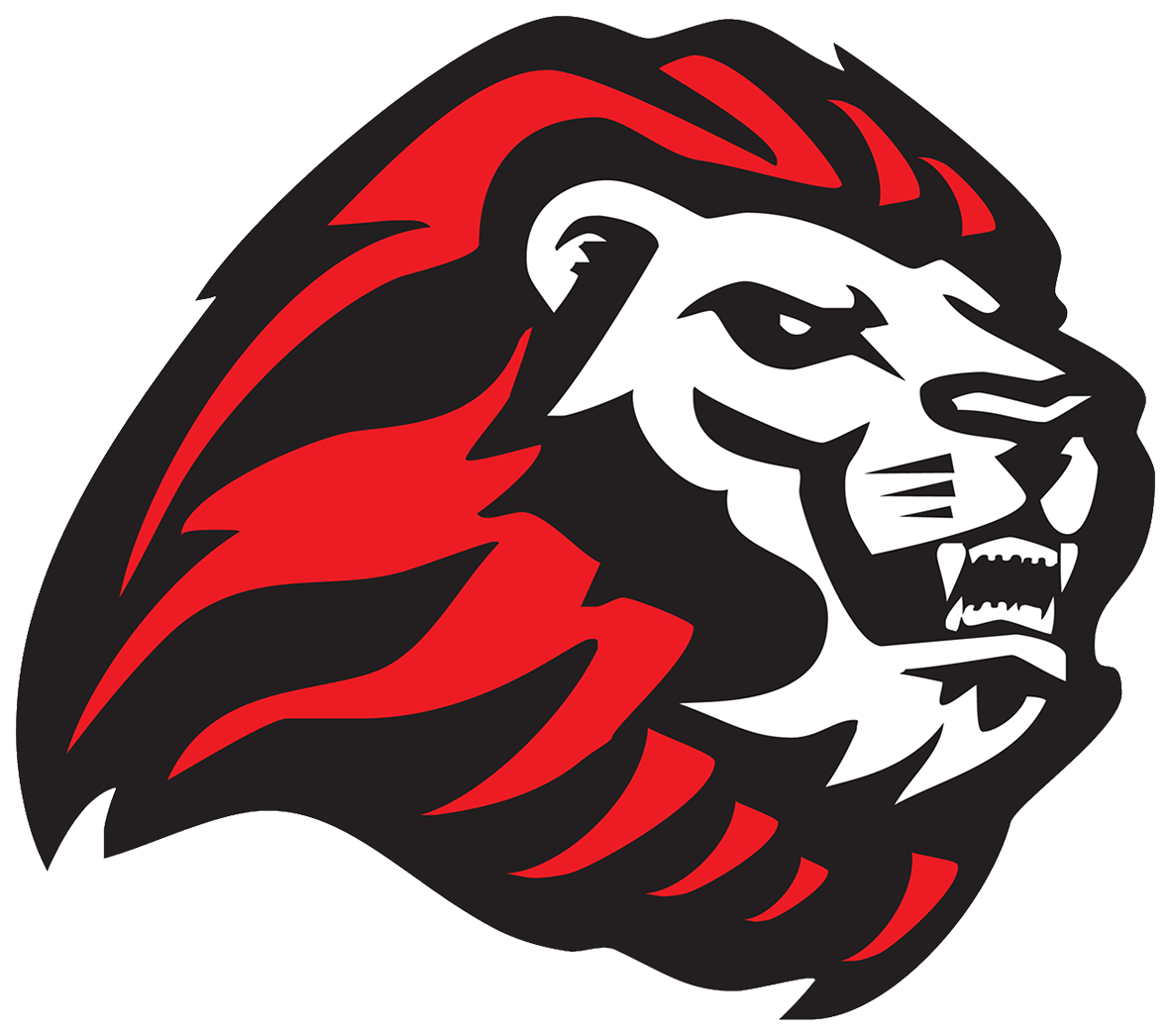Science Fair
Elementary co-curricular programs are designed to complement the academic curriculum and provide students with opportunities to explore and develop their interests and talents outside of the classroom. These programs often include a variety of activities such as music or art, clubs and sports. They help foster creativity, teamwork, leadership, and critical thinking skills, while also promoting physical health and emotional well-being. By participating in co-curricular activities, students gain a broader understanding of their strengths and passions, which can enhance their academic performance and personal growth. These programs encourage a well-rounded education and support the development of social skills and positive character traits.
A science fair is an educational event where students showcase their scientific research, experiments, and innovations. Typically held at the school, district, or regional level, a science fair allows students to explore a scientific topic of interest, conduct experiments, and present their findings in a structured format. Participants design projects that demonstrate their understanding of the scientific method, which involves posing a question, forming a hypothesis, conducting experiments, collecting data, and drawing conclusions. Science fair projects can cover a wide range of topics in fields such as biology, chemistry, physics, environmental science, and engineering. Students create visual displays, including charts, graphs, and models, to help communicate their results to judges, teachers, and peers. During the fair, participants often explain their projects and answer questions from judges, which enhances their public speaking, critical thinking, and communication skills.
